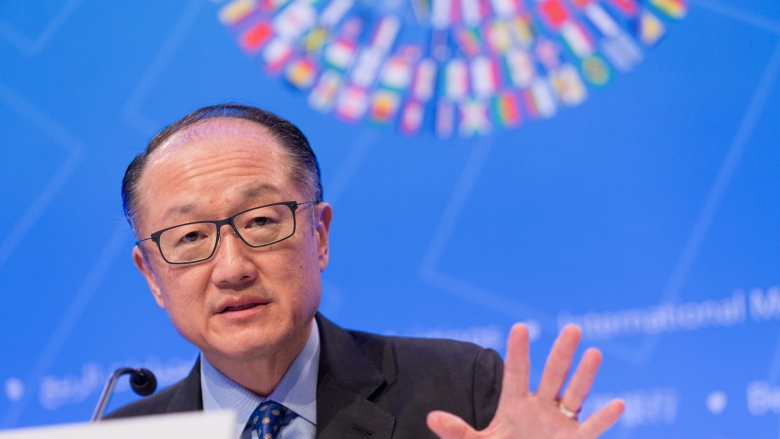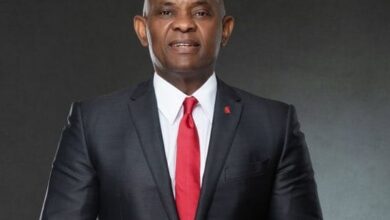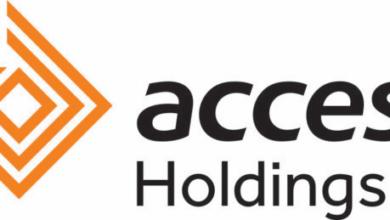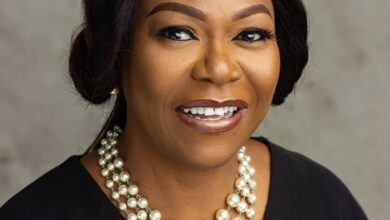World Bank Group President Jim Yong Kim Opening Remarks

WORLD BANK GROUP PRESIDENT JIM YONG KIM 2018 SPRING MEETINGS OPENING PRESS CONFERENCE WASHINGTON, DC, UNITED STATES
Good morning. Welcome to the Spring Meeting
I want to start with a quick economic update. The global economy is showing solid momentum. We’re expecting global growth to edge up to 3.1 percent in 2018 – its strongest performance since 2011 – as the recovery in investment, manufacturing, and trade continues, and as commodity-exporting developing economies benefit from firming commodity prices.
The challenge now is to ensure that strong growth will translate into inclusive growth, so that the benefits of global economic integration are enjoyed by all members of society.
This period of robust growth is a great opportunity to invest in human and physical capital. Filling infrastructure gaps, improving education and health outcomes, and increasing female labor force participation could continue to drive growth. If policy makers around the world focus on these key initiatives, they can increase their countries’ productivity, boost workforce participation, and move closer to the goals of ending extreme poverty and increasing shared prosperity.
I’d like to discuss a few items that are on the agenda for us at these meetings.
This morning, we launched the latest edition of our Global Findex financial inclusion database, which tracks how people use financial services. Financial inclusion is an important stepping stone out of poverty, and we’re seeing that, globally, financial inclusion is on the rise. Digital technology is driving access to – and the use of – financial services. But there is still a wide gender gap. I hope you have seen these latest findings.
As you know, the World Bank Group is dedicated to ending poverty wherever it exists in our client countries. We are always looking to leverage every available resource to meet the immense challenges our clients face, and I want to mention two specific initiatives to support that effort.
First, this week we introduced a significant new financial innovation: IDA, the World Bank’s Fund for the Poorest Countries, made its debut in the capital markets, joining a select group of top-tier, supra-national issuers with an inaugural bond that raised 1.5 billion dollars from investors around the world.
IDA’s entry to the global capital markets is historic – the latest transformational shift in how we approach development finance. With its funding program in place, IDA will be able to dramatically scale up financing to help countries meet the 2030 development goals, and deliver greater value to shareholders.
IDA benefits from the World Bank Treasury’s 70-year track record in the global capital markets. It inherits IBRD’s reputation as an innovative issuer in connecting markets with development impact.
Second, as you may recall, at the Annual Meetings last fall, our shareholders – represented through the Development Committee – asked the Board and Bank Management to review all possible options to enhance IBRD and IFC’s financial capacity and develop a package of measures for Governors’ consideration. The Bank Group’s management has engaged in extensive, detailed discussions with our Board and member countries, and the Development Committee will meet on April 21st to discuss the proposals.
We believe we have made a good case for how a stronger World Bank Group can meet the aspirations of our shareholders, respond to global challenges, mobilize capital at scale, and make the institution even more efficient and effective.
That said, decisions on financial capacity are up to our member countries, and we look forward to their discussion on Saturday, which will be headed by Sri Mulyani Indrawati, Indonesia’s Finance Minister, who chairs the Development Committee.
Finally, we are looking forward to very successful Annual Meetings this fall in Indonesia. At the Indonesia meetings we will take another step forward with our Human Capital Project – a rigorous, detailed measure of the human capital in each country, which will help our clients invest more – and more effectively – in their people.
We will be releasing an index to rank countries according to how well they’re investing in the human capital of the next generation. The measurement will provide information that heads of state and finance ministers need to know in order to invest to build human capital, and the index will make those measurements hard to ignore.
I’ll be happy to take your questions.




